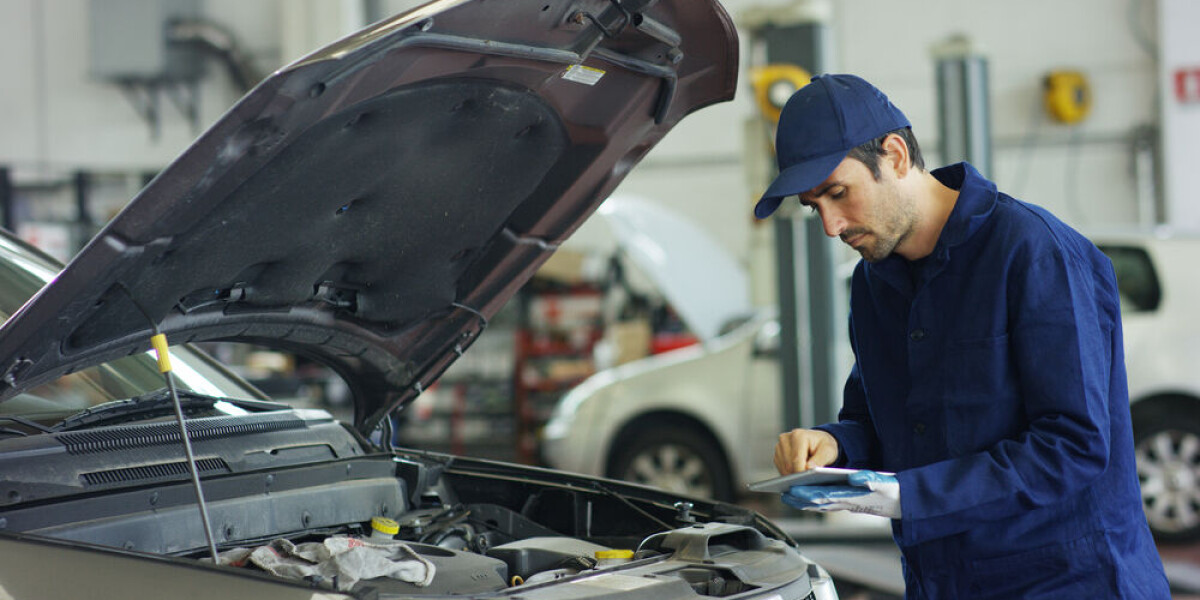
Which car models have highest contrôle technique failure rates in france?
- Select a language for the TTS:
- UK English Female
- UK English Male
- US English Female
- US English Male
- Australian Female
- Australian Male
- Language selected: (auto detect) - EN
Play all audios:

CTS ARE COMPULSORY FOR VEHICLES OVER FOUR YEARS OLD AND MUST TAKE PLACE EVERY TWO YEARS Almost a third of vehicles that are 10 years old or more fail their contrôle technique (CT) the first
time in France, and Renault, Peugeot, and Citroën are among the brands most likely to fail. Figures from the latest annual contrôle technique authority UTAC-OTC (Organisme Technique Central)
report show that the older a car is, the more likely it is to fail the technical inspection the first time, requiring repair work to be carried out before a re-test. Unsurprisingly,
vehicles that have not received regular maintenance or have been heavily used are the most likely to fail. Vehicles under the age of five are the least likely to fail their first CT. Cars in
France are, on average, 12.9 years old (show figures as of 2024). Also in 2024 more than 19 million vehicles undertook a CT. BRANDS MOST LIKELY TO FAIL FIRST TIME In 2024, the models most
likely to fail (all models and ages combined) first time were: For cars between 10 and 14 years old, failure rates are even higher. For example: * Peugeot 106 (a first-time failure rate of
36.31%) * Renault Espace III (35.18%) * Renault Clio first generation (25.54%) And while failure is most likely a problem for vehicles over a decade old, more recent models can also be
affected. For example: MAIN REASONS FOR FAILURE Some of the main reasons for these failures are tyre wear, worn-out suspension, and headlight problems. High levels of pollutant emissions
are also increasingly the cause of first-time failure. Older vehicles, particularly diesel vehicles from before 2011 (pre-Euro 5 standard), may find it increasingly difficult to meet the
requirements of the inspection due to pollutant levels. Some models have high rates of failure for specific issues. For example: * Peugeot 106: Emission problems and advanced corrosion of
the chassis * Renault Clio I: Lighting failures and suspension problems * Renault Espace III: Defects in the suspension and braking system * Renault Mégane II: Electrical and water-tightness
problems * Citroën C5 I: Problems with hydraulic suspension The figures show that French car models are most likely to fail their first CT, largely because there are more of them on French
roads. In contrast, German models such as BMW, Audi and Volkswagen perform better, on average, in their CTs. This is considered due to the initial robust design of these vehicles, and the
fact their owners are generally more likely to maintain their vehicles to a higher level, states specialist website Carte Grise. WHAT IS THE CONTRÔLE TECHNIQUE? A contrôle technique is a
technical inspection that is compulsory for vehicles over four years old and must be carried out every two years in France. The first inspection must be carried out during the six months
preceding the fourth anniversary of the first registration of the vehicle. No reminder is sent; you must remember to book it yourself. Read also: Explainer: The rules of France’s contrôle
technique car checks Read more: Can I let my French car’s CT (roadworthy test) lapse if I do not drive it? Read also: Do I need to get a roadworthy test when selling a car in France? A CT
checks almost 150 elements on a vehicle, and is similar to an MOT in the UK. It is required to ensure safe driving and compliance with vehicle laws, including being in a good state of
repair, and complying with increasingly strict environmental standards. If your vehicle fails the CT it is considered to have major defects and, in severe cases, to be a danger to its
driver and other road users. Defects must be fixed to ensure it meets the standard, and then re-tested. Less serious issues will lead to you being “highly recommended” to fix them. CTs are
carried out by approved private test centres, and can usually be booked online. You must use a state-approved centre of which there are more than 6,000 in France. Here is where to find them.
